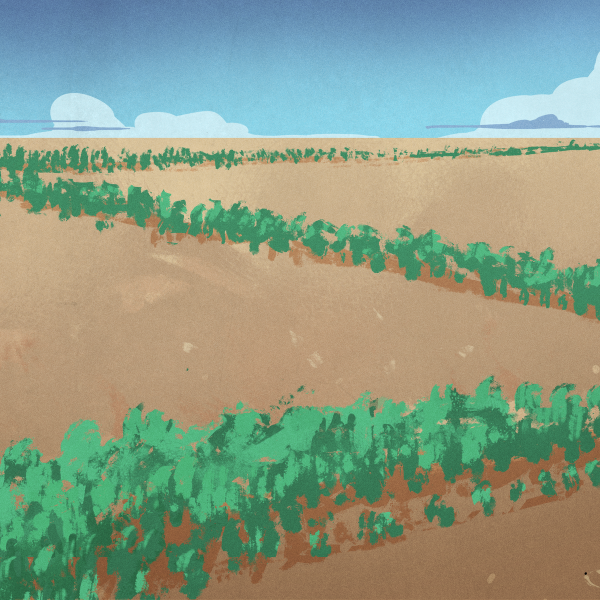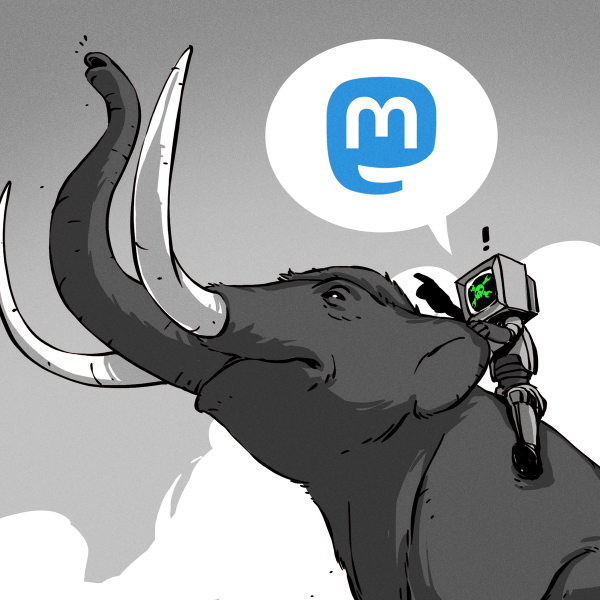Hackaday editors Mike Szczys and Elliot Williams gaze upon the most eye-popping projects from the past week. Who would have known that springy doorstops could be so artistic? Speaking of art, what happens if you give everyone on the network the chance to collectively paint using pixels? There as better way to catch a rat, and a dubious way to lure mosquitoes. We scratch our heads at sending code to the arctic, and Elliot takes a deep look at the contact tracing apps developed and in use throughout Europe.
Take a look at the links below if you want to follow along, and as always, tell us what you think about this episode in the comments!
Take a look at the links below if you want to follow along, and as always, tell us what you think about this episode in the comments!
Direct download (60 MB or so.)
Episode 079 Show Notes:
New This Week:
- Hackaday Remoticon: Our 2020 Conference Is Packed With Workshops And We’re Calling For Proposals
- William English, Computer Mouse Co-Creator, Has Passed
Interesting Hacks of the Week:
- Springs And Things Wrap Into A Polyhedron Of Interactive LED Art
- A DIY 6.5-Digit Multimeter Is A Lesson In Clever Circuitry
- Cheap And Effective Mosquito Trap Looks Like A Disco
- Unbricking A $2,000 Exercise Bike With A Raspberry Pi Zero And Bluetooth Hacks
- Electrochemistry At Home
- Playing The Pixelflut
Quick Hacks:
- Mike’s Picks:
- Elliot’s Picks:

















The thing about the github vault is that the cost to replicate is minimal – the cost to vet code for usefulness or correctness isn’t. It’s almost impossible to say what code should be preserved, so it’s a better bet to just throw all of it out there and hope that the post-apocalyptic people will figure it out.
Second thing: the COVID app; even though the process is open source, there’s no guarantee that the final application that gets distributed doesn’t contain other compromises by malicious agencies.
Third issue: people can use the COVID app system to cause mayhem by broadcasting false infection messages. A malicious version of the program can convince other people that they’ve got exposed.
Fourth: 16 million out of 80 million people in Germany is not a whole lot. The net is too thin to catch anything, considering that large groups like children or the elderly don’t even have smartphones.
I think you misunderstand. We were talking about 16 million being an objectively large number of installs of a cellphone app in a single country. But as Elliot’s article outlines (and I believe we discussed in the podcast) there are studies that indicate you need 60% or more of the population to be active users to be truly effective as a contact tracing mechanism.
As far as mayhem in reporting infections is concerned, I believe you’re mistaken. The mechanism uses a central server which is controlled by some regulating body. They will vet that a person has been diagnosed with an infection and tokens seen by their app over the past 14 days are uploaded so everyone else can be notified if one of their encrypted daily token appears on that broadcast server.
The cost of Github vault is minimal, and so is the value! :) What would have been worthwhile was a curation effort. (Note the word effort.) As you say, this is just throw it all in and let someone else do the hard work. Lazy, and probably a pubilicity stunt. We didn’t mention in the podcast that GitHub was recently purchased by Microsoft.
You can compile the app yourself (ADK is free, if not open) and verify.
Your COVID status in the app is encrypted. You will need the Health Dept’s signing key to cause mayhem.
It’s absolutely not a lot, in that it’s 19%. But that’s better than nothing. The 60% figure is to bring the reproduction rate (new cases / recovering cases) below 1, if it were the only measure. As everyone has said, this is a secondary measure — testing and tracing through interviews and followups are the primary.
For the potential benefit (small), the cost of development and running the app (tiny) isn’t bad. For comparison, the German government has given out millions of euros to ballet dancers, whose careers are predictably short, and for whom sitting out a year is a big deal.
Dropping a few tens of millions on a widely used app is cool. As long as the app does no harm. Free software that invades your privacy … something something Google.